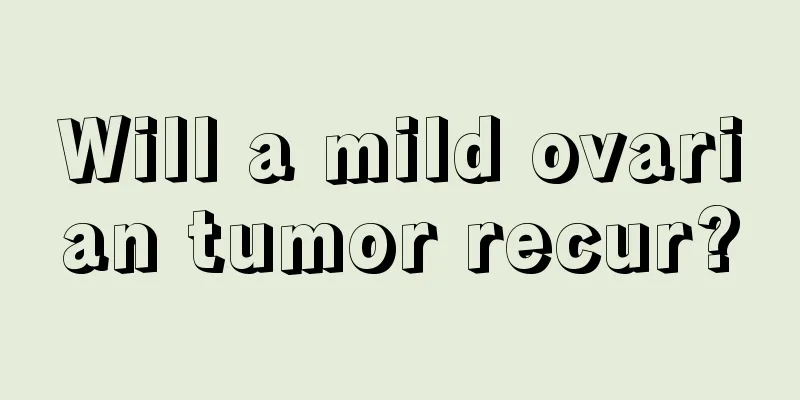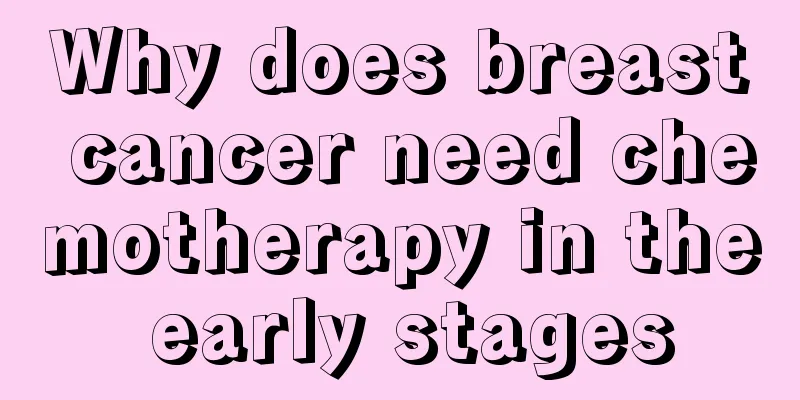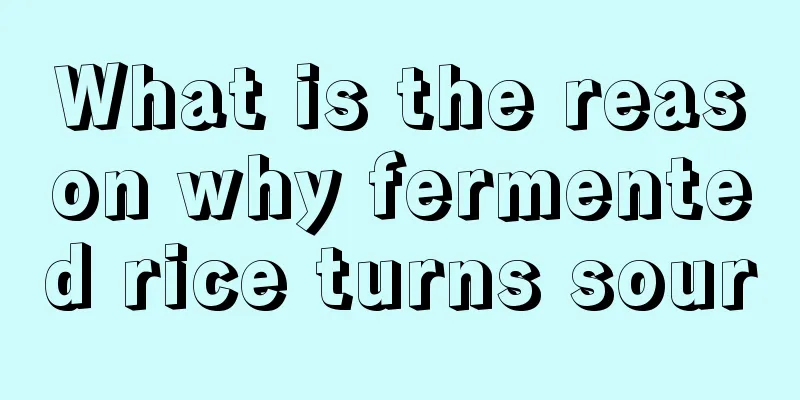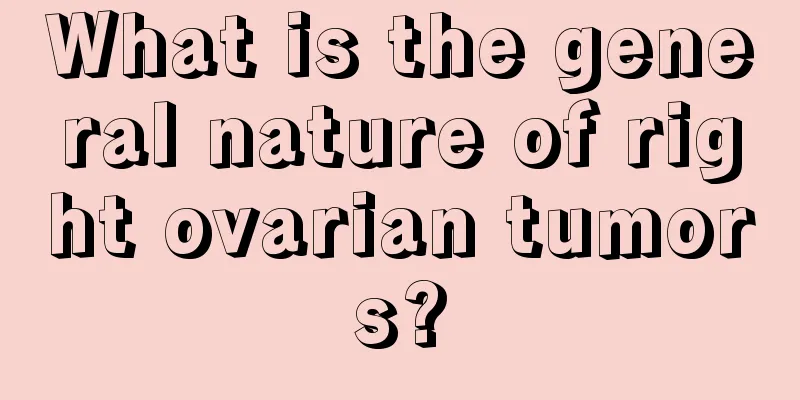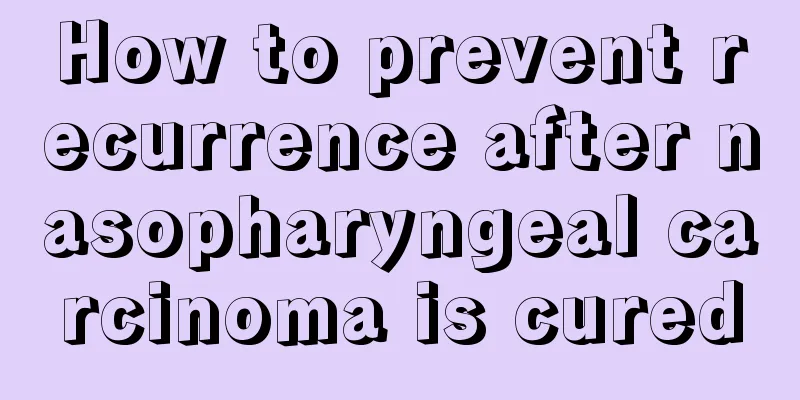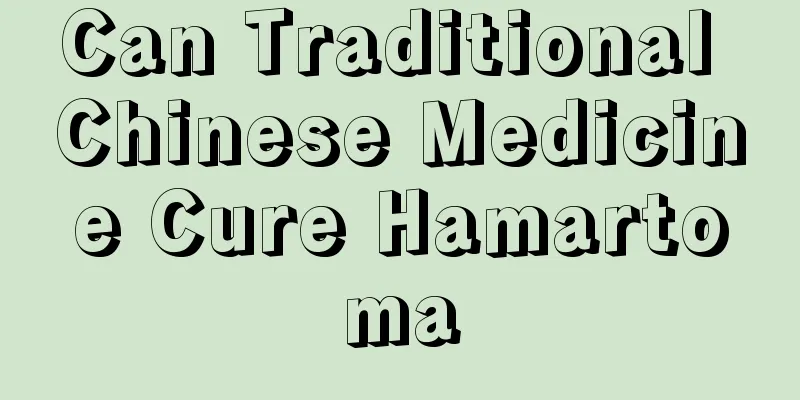How to treat hypertrophic obstructive cardiomyopathy
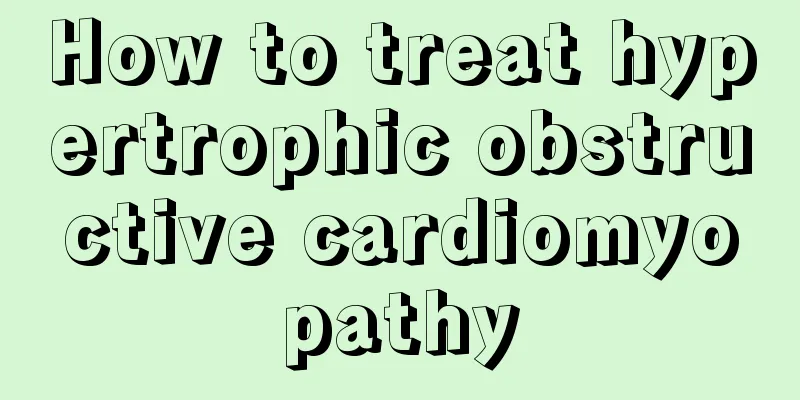
|
The treatment of hypertrophic obstructive cardiomyopathy may include general treatment and drug therapy. General treatment may include the use of some drugs, such as digitalis, isoproterenol, etc., as well as reducing the workload on the heart, and also includes surgical treatment. 1. General treatment Drugs that enhance myocardial contractility such as digitalis, beta-receptor stimulants such as isoproterenol, and drugs that reduce cardiac load such as nitroglycerin may aggravate left ventricular outflow tract obstruction and should be avoided as much as possible. If mitral regurgitation occurs, infective endocarditis should be prevented. 2. Medication Relieve symptoms and control arrhythmias. (1) β-blockers weaken myocardial contraction, alleviate outflow tract obstruction, reduce myocardial oxygen consumption, increase diastolic ventricular expansion, slow heart rate, and increase cardiac output. (2) Calcium antagonists have both a negative inotropic effect to weaken myocardial contraction and an improved myocardial compliance to promote diastolic function. The combined use of beta-blockers and calcium antagonists can reduce side effects and improve efficacy. (3) Antiarrhythmic drugs are used to control rapid ventricular arrhythmias and atrial fibrillation, with amiodarone being the most commonly used. Consider electroshock when drug therapy is ineffective. For patients with late-stage ventricular systolic function damage and congestive heart failure, the treatment is the same as that for heart failure caused by other reasons. For patients with obstructive cardiomyopathy who have a positive diagnosis and are not responsive to drug treatment, surgical treatment should be considered, including deep longitudinal incision of the interventricular diaphragm and partial resection of hypertrophic myocardium to relieve symptoms. In recent years, dual-chamber permanent pacemakers have been tried for right ventricular atrioventricular sequential pacing to relieve symptoms of obstructive patients, but much experience needs to be accumulated. 3. Surgery (1) Commonly used surgical methods include combined transaortic and left ventricular myocardectomy, transaortic incision and ventricular septal myocardectomy. (2) Treatment effect: The surgical mortality rate is about 10%. Common causes of death are low cardiac output and left ventricular incision bleeding. About 5% of cases develop complete conduction block after surgery, and the incidence of left or right bundle branch block is higher. If the clinical symptoms are obvious and medical drug treatment is ineffective, and the systolic pressure difference between the left ventricular cavity and the outflow tract exceeds 50 mmHg at rest, surgical treatment should be performed to remove the hypertrophic myocardium of the ventricular septum to relieve the obstruction. |
<<: How to effectively treat hypertrophic rhinitis
>>: How to wash red wine off clothes, 4 tips to resolve embarrassment
Recommend
The cost of treating lymphoma
The cost of lymphoma treatment is not fixed, but ...
What are the treatments for primary liver cancer
Primary liver cancer refers to cancer that origin...
What antihypertensive drug does not harm the kidneys
Hypertension can be said to be a very common dise...
Does endometrial cancer affect life expectancy?
Endometrial cancer patients should not have a des...
What is hip pain
Many people have experienced hip pain. Hip pain m...
How to eat onions to lose weight? The onion weight loss recipes are actually these
Onions are a food that we often eat in daily life...
The refrigerator is a great helper in preventing stomach cancer
It has to be said that the invention and populari...
I woke up in the middle of the night because of heart discomfort
If you are woken up by heart discomfort while sle...
Different common types of skin tumors
Basal cell carcinoma and squamous cell carcinoma ...
What are the side effects of facial acupuncture
"Ten years of beauty treatment is not as goo...
What causes osteosarcoma?
Osteosarcoma is the most common type of malignant...
Which hospital is best for treating breast cancer?
Which hospital is the best for treating breast ca...
Symptoms of spinal tumor compressing nerves
Because our spine plays an important supporting r...
The reason why tea turns black
Tea will turn black if left for a long time, main...
Blisters on toes
Blisters on toes are a painful and common problem...

